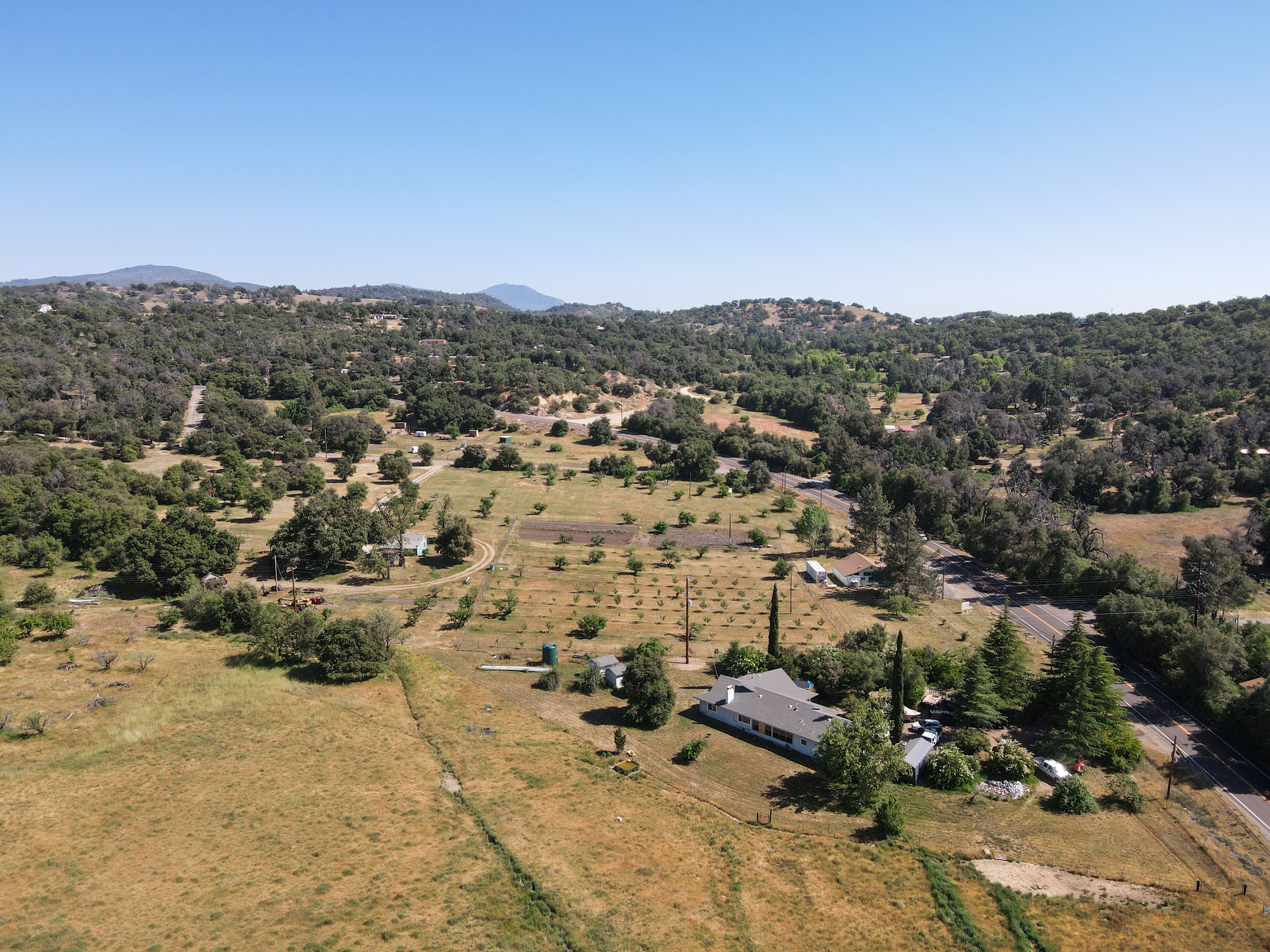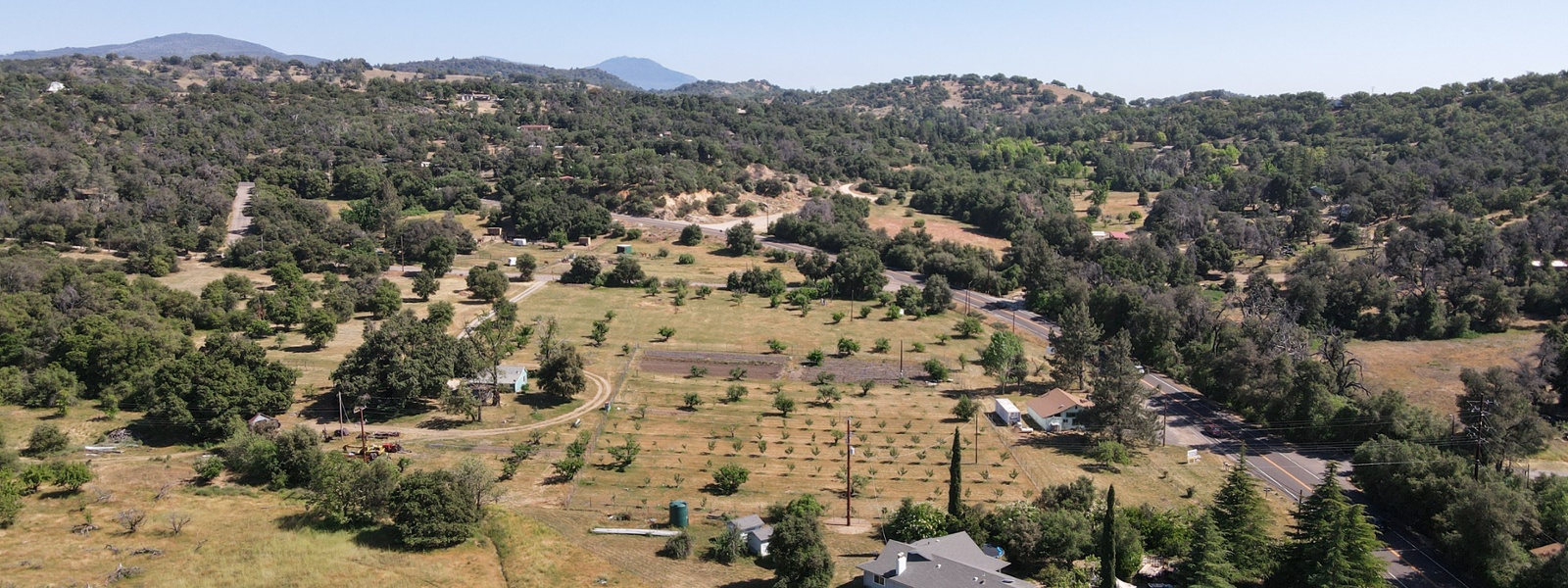Proposed rules on water quality may overwhelm farmers

A small farm near the San Diego County community of Julian. Local farmers say proposed water quality regulations are based on standards for large farms in other regions, not small ones in San Diego County.

By Christine Souza
Farmers in San Diego County say proposed water quality regulations that establish updated general waste discharge requirements for commercial agricultural operations are burdensome, costly and duplicate work by growers participating in other regulatory programs.
Tasked with protecting water quality, the San Diego Regional Water Quality Control Board on March 29 released a proposed draft that creates new monitoring and reporting requirements for nitrogen applications and removals. It also identifies paths to compliance for individuals or use of third-party programs to help farmers achieve the order’s objectives.
Kari Fisher, senior counsel for the California Farm Bureau, said the draft order for the region stems from the state’s 2018 adoption of a precedential order that revised agricultural requirements for the Eastern San Joaquin River watershed and required all regional boards to update their irrigated lands programs.
“This draft order would put farmers in the San Diego region under the precedential Eastern San Joaquin regulations, which focus on nitrogen management, including irrigation and nutrient management plans, and looking at how much nitrogen stays in the soil after a crop is harvested,” said Fisher, who has been working on water quality regulations on behalf of the Farm Bureau since 2008.
Valerie Mellano, consultant for the San Diego Region Irrigated Lands Group, part of the San Diego County Farm Bureau, said, “We’re a very different region, and they are trying to force another region’s regulations on us.
“Many aspects of the draft order are really problematic because agriculture in East San Joaquin isn’t the same as it is in San Diego County,” she added, noting the average farm size in the region is 4 acres, whereas the average farm size in the Central Valley is more than 200 acres.
“Our farms are interspersed with housing developments and other businesses—golf courses, parks and everything else that could potentially contribute to nitrogen loading into the watersheds,” Mellano said. “The farmer could be growing in the middle of these land uses, yet the assumption is made that the farmer is contributing the nitrogen.”
Farmers say they are concerned about the new draft regulations, which add new nitrogen requirements. One challenge, Mellano said, relates to the lack of data on the standard level of nitrogen applied and nitrogen removed after harvest, which are based on crop type.
“This (nitrogen level standard) is known for crops like almonds and pistachios, but there’s so many specialty crops grown here in small quantities, it really becomes quite a challenge,” Mellano said. “It would take many years to do all the research to get the nutrient requirements for all these crops.”
The requirements proposed in the draft order are in addition to the county’s agricultural water quality program that inspects agricultural operations for compliance with existing total maximum daily loads, or TMDLs. The program seeks to prevent pollutants from agricultural operations from entering the county’s storm drain system and waterways.
“We have a problem with the benchmarks that are set here in San Diego County for, say, nitrogen in the water,” said San Diego County farmer Enrico Ferro. “Even pristine, untouched parts of the water system are already at the benchmark, and once there is any human activity, you’re going to exceed the benchmark, so we’re already set up for failure.”
The acceptable nitrogen level in the county is 1 milligram per liter, which is 10 times cleaner than the statewide drinking water standard of 10 milligrams per liter, Mellano said.
“If someone purchases water from the district to water their plants and it is at 2 milligrams per liter, for example, it already exceeds the benchmark before that water ever touches the ground, so it is an impossible standard that we are expected to meet,” Mellano said. “We’re expected to basically clean up the water once we buy it. That is one of the fundamental problems.”
In comments sent to the regional board, an affected San Diego County nursery operator questioned the need for the water quality protection plan as proposed in the order, “since most of the items in the plan we already document and are being inspected by other agencies.” This includes inspections and reporting related to a stormwater program and a hazardous materials program overseen by the county, and pesticide inspection and reporting by the state Department of Pesticide Regulation.
The nursery operator added, “We all want to be in compliance, but our company does not have the time nor the manpower to be filling out pages of info repeatedly for different agencies.”
The San Diego County Farm Bureau, which manages the third-party San Diego Region Irrigated Lands Group, provides affected members in San Diego, Orange and southern Riverside counties with monitoring and reporting services.
Ferro, who is chair of the group’s board of directors, said the nonprofit helps farmers share the cost of compliance. For individuals working directly with the regional board, he said, compliance costs are excessive, between $20,000 and $30,000 annually for testing and reporting.
“We are very efficient and have created a really good system that is affordable to comply with the ag order,” Ferro said of the irrigated lands group. “But this new ag order might just blow all that out of the water.”
Regional board staff “has been very amenable to working with us,” Mellano said, adding she is concerned enforcement agencies do not often understand the impacts on those affected by the regulations. “They have to fulfill their program because it is the mandate that they are given, but they don’t really recognize what is at stake for the people they are bringing this upon.”
The public comment period for the San Diego Regional Water Quality Control Board draft order was extended from May 28 to July 15. Regional board staff recommended the regional board postpone the comment period until the California State Water Resources Control Board convenes on the issue. Last week, the state water board announced plans to convene a second agricultural expert panel to reassess statewide nitrogen requirements.
“The state water board has issued proposed questions for the second statewide agricultural expert panel and is seeking names or expertise areas of who to put on the panel,” Fisher said.
Learn more at www.waterboards.ca.gov/public_notices/comments/docs/2024/notice-ag-expert-panel-051324.pdf.
(Christine Souza is an assistant editor of Ag Alert. She may be contacted at csouza@cfbf.com.)




